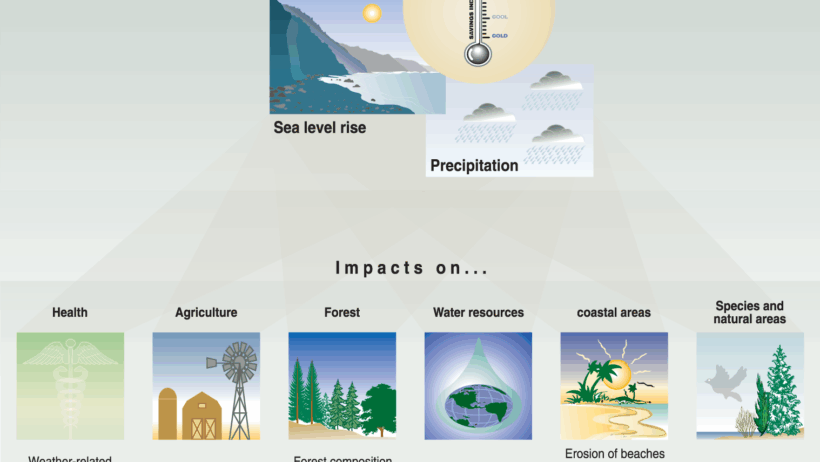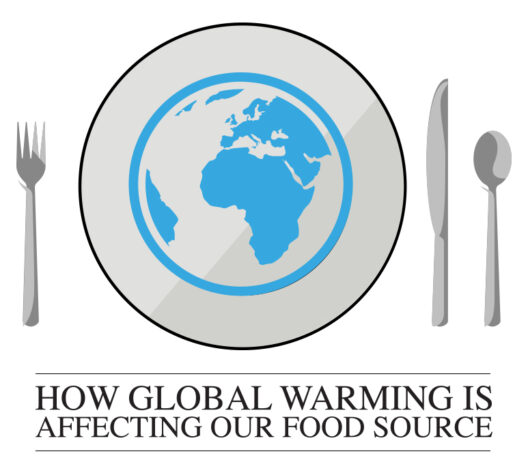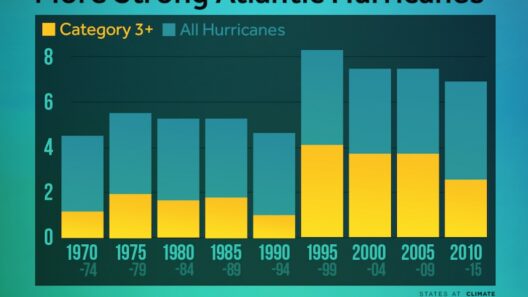Human activity is intricately entwined with the complexities of the Earth’s climate system. For centuries, nature operated within a delicate equilibrium, sustaining ecosystems that fostered biodiversity and preserved ecological balance. However, with the advent of industrialization, a profound transformation emerged, casting a shadow on our planet’s health. The overarching question is: does human activity significantly affect climate? To tackle this inquiry, we must embark on a meticulous exploration of our environmental footprint.
To begin with, we must recognize the primary drivers behind climate change. Among them, the most notable is the combustion of fossil fuels. Vehicles, factories, and power plants are significant sources of carbon dioxide (CO2) emissions, a greenhouse gas potent enough to trap heat in the atmosphere. This process, known as the greenhouse effect, exacerbates global warming, resulting in rising temperatures worldwide. Indeed, if we delve deeper into historical data, we can draw a direct correlation between the industrial revolution and a sharp increase in atmospheric CO2 levels. The situation is alarming, as this rise contributes not only to temperature fluctuations but also to erratic weather patterns.
Moreover, deforestation is a perilous byproduct of human activity that warrants explicit attention. Trees play a crucial role in sequestering carbon dioxide — they absorb CO2 during photosynthesis and release oxygen, a process essential to sustaining life. When forests are cleared for agriculture, urban expansion, or logging, the carbon stored in trees is released back into the atmosphere. This exacerbates the greenhouse effect, accelerating climate change further. But the implications of deforestation extend beyond mere emissions; it also leads to habitat loss, threatening countless species and reducing biodiversity, which diminishes the resilience of ecosystems to adapt to climate change.
Another pivotal aspect closely linked to human activity is methane emissions. Agriculture, particularly livestock farming, contributes significantly to this potent greenhouse gas. Methane is released during digestion in ruminants, such as cows, and from manure management practices. Additionally, rice paddies and landfills also emit considerable volumes of methane. Billion-dollar industries heavily reliant on these practices contribute to a persistent rise in global temperatures. It is imperative to comprehensively examine the surcharge of these practices against the backdrop of global food security and our collective responsibility towards sustainable practices.
Industrial processes are not solely responsible for emissions; they also engender pollution in various forms, adversely impacting air and water quality. The fallout from excessive industrial output has led to environmental degradation and public health crises. Contaminated water sources jeopardize aquatic ecosystems and threaten human populations relying on these essentials for survival. Moreover, pollutants in the air exacerbate respiratory ailments, highlighting the interconnection between environmental health and human well-being. The crux of the argument is clear: our economic pursuits, if unchecked, come with dire consequences—some of which we are only beginning to comprehend.
Yet, it is not just the direct emissions that should concern us; human activities induce profound shifts in land use, further contributing to climate change. Urbanization leads to increased impervious surfaces, resulting in the infamous heat island effect in metropolitan areas. This phenomenon amplifies local temperatures, exacerbating air conditioning demands and, consequently, elevated energy consumption, which typically relies on fossil fuel-generated electricity. The paradigm here illustrates how interconnected systems of human activity yield cascading effects that amplify environmental challenges.
As we scrutinize these facets, it becomes evident that the implications of human activity on climate are not merely theoretical. They manifest in tangible shifts across our planet’s landscape. Melting polar ice caps and the rising sea levels are not distant abstractions but rather an urgent, on-the-ground reality. Coastal communities face an existential threat, while marine ecosystems undergo irrevocable shifts due to changing water temperatures and ocean acidification. To what extent are we, as individuals and a collective society, willing to grapple with these realities? The confrontation with an inconvenient truth calls for a profound reevaluation of our beliefs and practices.
Critically assess the prevailing narrative around climate change mitigation. Often, discussions highlight technological advancements as the panacea for our woes. While innovations such as renewable energy technologies and carbon capture methods are imperative, they cannot serve as a replacement for the necessary behavioural shifts we must undertake. A collective reimagining of our lifestyle choices is vital; from reconsidering our consumption patterns to advocating for systemic policy changes, every action holds the potential to orchestrate profound change.
Education and awareness are cornerstones of this endeavor. To genuinely affect change, it is essential for individuals to comprehend the implications of their choices, reinforcing a culture of sustainability. Informed citizens are empowered to challenge complacency and demand accountability from corporations and governments alike. The momentum for change must come from an engaged populace that recognizes their shared responsibility in mitigating climate change.
Our journey into the realm of climate change has illuminated a fundamental truth: human activity is inexorably linked to the health of our climate. The multifaceted impacts of our actions create a ripple effect that challenges us to rethink our interactions with the environment. In confronting the question of whether human activity affects climate, the evidence is unequivocal. Yet, rather than succumb to despair, an opportunity arises to shift perspectives. Armed with knowledge and a collective resolve, we can aspire to restore the balance our planet desperately needs. The question now remains: will we rise to meet this challenge? The answer lies within each one of us, beckoning us to take decisive action for the sake of future generations.






